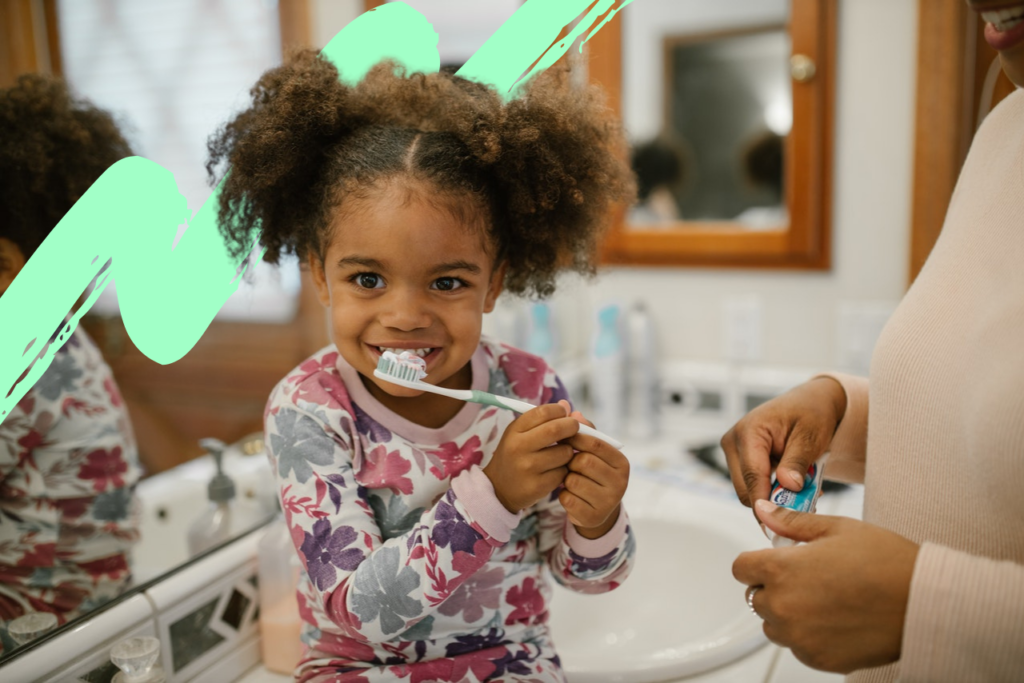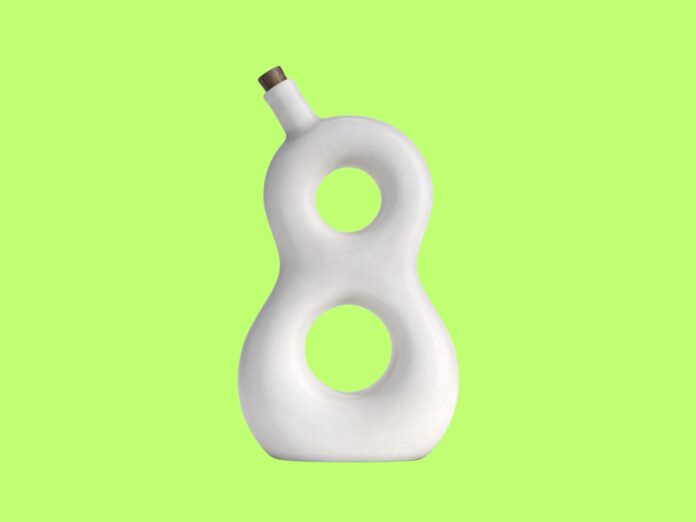No matter your child’s age, you should take steps to help keep their teeth and gums healthy.
Without wishing to sound dramatic, it’s important to note that your child’s teeth are at risk of decaying from the moment they appear, and you should take steps in order to prevent this from happening.
Many people wrongly assume that baby teeth are less important because they’re going to fall out anyway, but that couldn’t be further from the truth. A decaying or lost tooth from an early age can lead to further problems with their dental health and the development of their gums and mouths. Avoid all of that, with these 6 tips for taking care of your kid’s teeth from the moment they appear.
Keep An Eye Out For Issues
As your child is growing up, it may be difficult for them to explain any symptoms to you, especially in their younger years. It’s on you, then, to notice whether they appear to be having any problems such as difficulty eating and chewing, complaints of pain, and even things like dental injuries after a fall or accident.
If you notice any problems at all, it may be worth contacting your child’s dentist to make an appointment, as they’ll then be able to offer treatment options or simply check to see if anything requires further attention.
Nip Bad Habits In The Bud
Children are known for developing bad habits from an early age which can cause significant problems as they grow up. One, in particular, is thumb-sucking. This can deform their teeth, forcing them out of alignment as they develop.
As well as this common bad habit, there are others such as brushing too hard and chewing on their toothbrush, chewing ice cubes which can damage enamel, and using their teeth for tasks that they’re not designed for, such as opening packaging or snapping things like tape. All of these things can damage your child’s teeth in some way, and teaching them to break these habits early (or not develop them, at all!) is a good idea in promoting positive dental health.
You can even start looking after your baby’s teeth before any have emerged, gently cleaning their gums with a damp, soft cloth or a specially designed infant brush.

Facilitate Regular Dentist Visits
You don’t only have to visit a dentist when there is a problem, of course. In fact, you should be taking your child to have regular dental checkups every six months after they turn one or after their first tooth emerges. This allows the dentist to identify any possible concerns they may have for your child’s dental health.
Most issues can be treated much more effectively when caught early, such as decay and gum disease. Their dentist will also be able to spot potential problems that they might have in the future too, such as orthodontic problems and even things like diabetes. Click here for more advice on that.
Identify Teeth That Need Alignment
If your child’s dentist does identify an issue that requires orthodontic treatment, then try not to worry. This is a very common problem for children, and there are plenty of options available to rectify these issues.
Treatment options include braces, retainers, aligners to straighten teeth, and tooth extraction in more serious cases, which can allow for your child’s other teeth to grow properly after the problem tooth is removed. As the guys at ALIGNERCO tell us, your child needn’t be self-conscious about these things. There are companies who offer clear aligners to straighten teeth, reducing the impact on your child’s confidence from wearing obvious metal braces.
Reduce Sugar Intake
One of the worst culprits for damaging children’s teeth, and an adult’s teeth too, is sugar. Bacteria in your mouth use the sugars that get stuck to your teeth to produce acids that wear down your enamel over time, leading to things like tooth decay. If your child gets tooth decay, they will then need treatment based on the severity of the issue.
Some teeth cannot be saved and will instead need to be extracted to reduce the risk of the decay spreading to other healthy teeth. They’ll just need a dental filling made from amalgam, resin, or even gold. It’s not as common for a dentist to fill a baby tooth, but if the child is young, this might be a better option as preserving their younger teeth will help the mouth develop properly.

Promote A Good Brushing Routine
Once your child’s teeth first start to come through, you’ll then have to think about ways in which you can reduce the risk of them developing any of the problems mentioned above.
One of the best ways in which you can do this is by teaching and encouraging a positive tooth brushing routine. Your best bet is to try to make brushing fun and rewarding to keep them motivated to do what is usually a fairly mundane yet important task. This is a big challenge that parents can face, but starting this as early as possible will reduce the risk of your child being combative when you attempt to teach them how to brush as well as enforce it daily.
The ultimate aim is to make the task fly by and to also lead by example. If your child never sees you brush your teeth, they won’t feel the need to brush their own.





